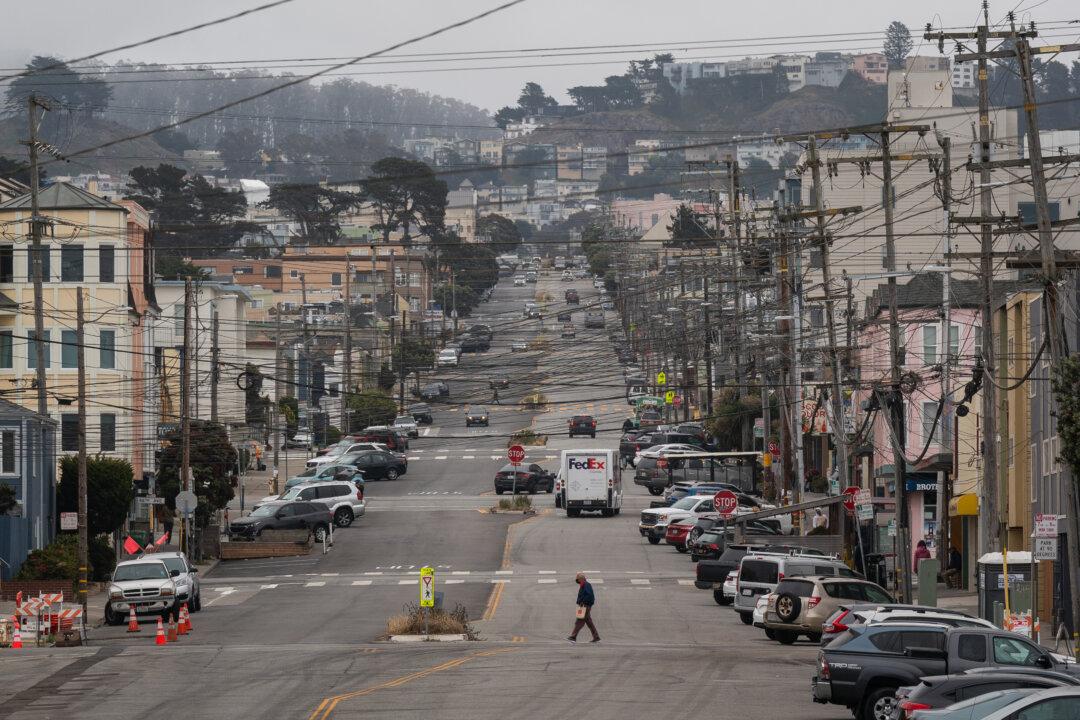Street inspectors for San Francisco’s Department of Public Works flooded the public comment section of the city’s board of supervisors meeting on Nov. 7 to alert officials of the difficulties of cracking down on illegal street vending, with inspectors expected to impound stolen items from suspected thieves on city streets.
“As I’m impounding items, I’ve been told, ‘Go ahead and take it. I’ll just steal more stuff and be back out here tomorrow,’” said one speaker who asked to be called “city employee.”





